Is the water from ultrafiltration safe to drink directly? | Insights by AQUALITEK
Ultrafiltration (UF) is a membrane filtration process that uses pressure to separate suspended solids and solutes of high molecular weight from water. This process is widely employed in water treatment to produce potable water by removing contaminants such as bacteria, viruses, and colloidal particles.
Is Ultrafiltration Water Safe to Drink Directly?
Yes, water treated with ultrafiltration is generally safe to drink directly. UF membranes have pore sizes ranging from 1 to 100 nanometers, effectively filtering out microorganisms and particles larger than their pore size. This includes bacteria, viruses, and colloidal substances, ensuring that the permeate (filtered water) meets health standards for drinking water.
How Does Ultrafiltration Work?
Ultrafiltration operates by applying pressure to raw water, forcing it through a semipermeable membrane. The membrane allows water and low molecular weight solutes to pass through while retaining larger particles and microorganisms. This process results in purified water that is free from suspended solids and pathogens.
What Are the Advantages of Ultrafiltration?
Chemical-Free Treatment: UF does not require chemical additives, reducing the risk of chemical residues in the treated water.
High Efficiency: UF systems can achieve over 99% removal of bacteria and viruses, ensuring high-quality drinking water.
Compact Design: UF units are typically compact, making them suitable for various applications, including residential and industrial settings.
Are There Any Limitations to Ultrafiltration?
While UF is effective in removing microorganisms and particles, it may not remove dissolved salts and low molecular weight contaminants. Therefore, in areas with high salinity or specific contaminants, additional treatment methods like reverse osmosis may be necessary to ensure water safety.
How Does Ultrafiltration Compare to Other Filtration Methods?
Compared to microfiltration, which has larger pore sizes (0.1 to 10 micrometers), ultrafiltration provides a finer level of filtration, effectively removing smaller pathogens and particles. However, it is less effective than reverse osmosis in removing dissolved salts and certain chemicals.
What Are the Maintenance Requirements for Ultrafiltration Systems?
Regular maintenance is essential to ensure the optimal performance of UF systems. This includes periodic cleaning to prevent membrane fouling, monitoring system performance, and replacing membranes as needed. Proper maintenance extends the lifespan of the system and ensures the continued production of safe drinking water.
Conclusion
Ultrafiltration is a reliable and effective method for producing safe drinking water by removing harmful microorganisms and particles. Its chemical-free operation and high efficiency make it a preferred choice in various water treatment applications. However, understanding its limitations and maintenance requirements is crucial for ensuring the continuous delivery of safe and clean drinking water.
AQUALITEK's Advantages
AQUALITEK offers advanced ultrafiltration systems designed for optimal performance and durability. Our products are engineered to provide high-quality drinking water while minimizing maintenance efforts. With a focus on innovation and customer satisfaction, AQUALITEK ensures that each system meets the highest standards of water treatment technology.




Request More Information or Expert Advice
Share a few details, and we’ll provide deeper insights, tailored suggestions, or product support.

Our 500 LPH Reverse Osmosis (RO) System is engineered to provide high-quality purified water for commercial applications. Designed with advanced RO technology, durable components, and a user-friendly interface, this system ensures consistent performance, low maintenance, and long-term reliability.
With its compact design and robust skid-mounted frame, it’s an excellent choice for businesses that demand efficiency and quality in water purification.

TWV series Reverse Osmosis (RO) systems are pre-engineered and pre-assembled units with 2.5”/4” membrane housings(single element type)for tap water(lower TDS).They are designed for overall superior performance, high recovery rates and offer great savings with low maintenance and operation costs.

TWF series Reverse Osmosis (RO) systems are pre-engineered and pre-assembled units with 4” membrane housings(multiple elements type) for tap water(lower TDS) .The medium large volumes can help meet your a variety of commercial and industrial applications. They are designed for overall superior performance, high recovery rates and offer great savings with low maintenance and operation costs.

TWE series Reverse Osmosis (RO) systems are pre-engineered and pre-assembled units with 8” membrane housings for tap water (lower TDS). The large volumes can help meet your a variety of industrial applications. They are designed for overall superior performance, high recovery rates and offer great savings with low maintenance and operation costs.
© 2026 AQUALITEK. All rights reserved.

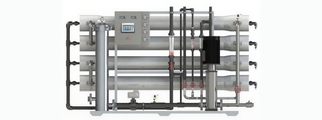
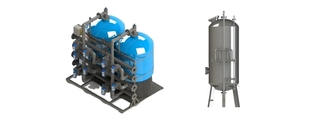
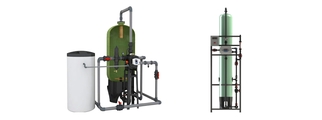
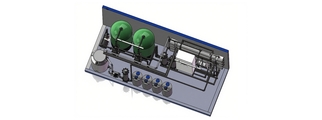
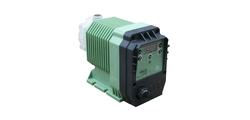
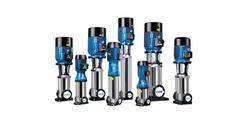
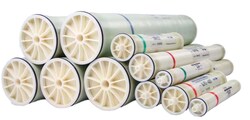
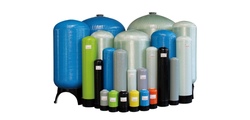
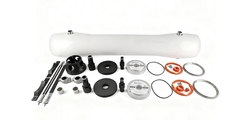
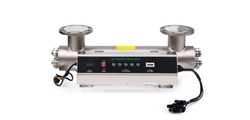
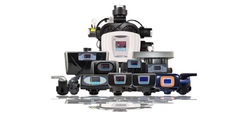
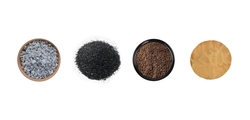
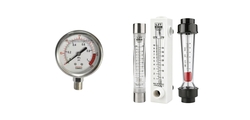
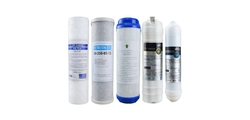
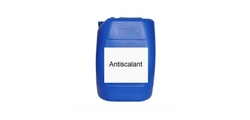
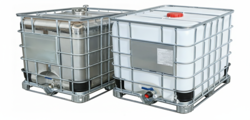
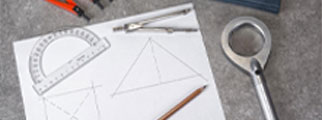



AQUALITEK- Aimee Hoo
AQUALITEK - Aimee Hoo